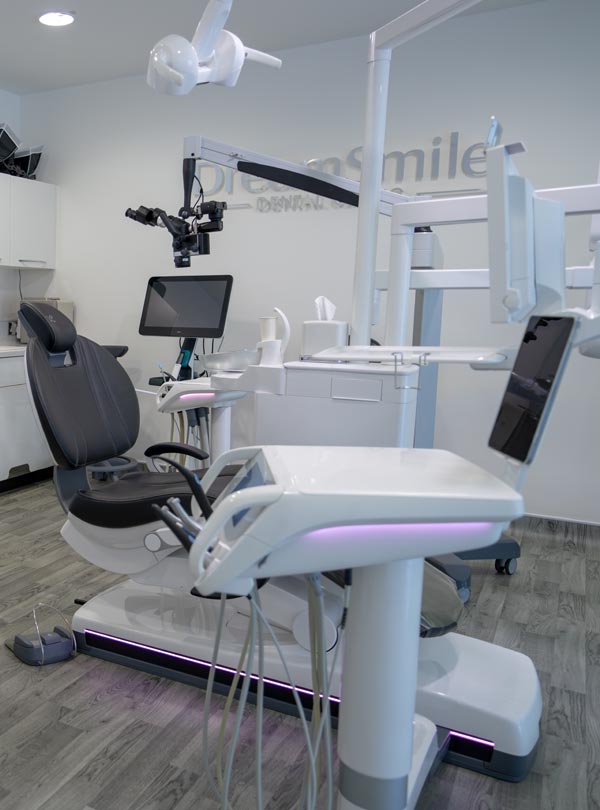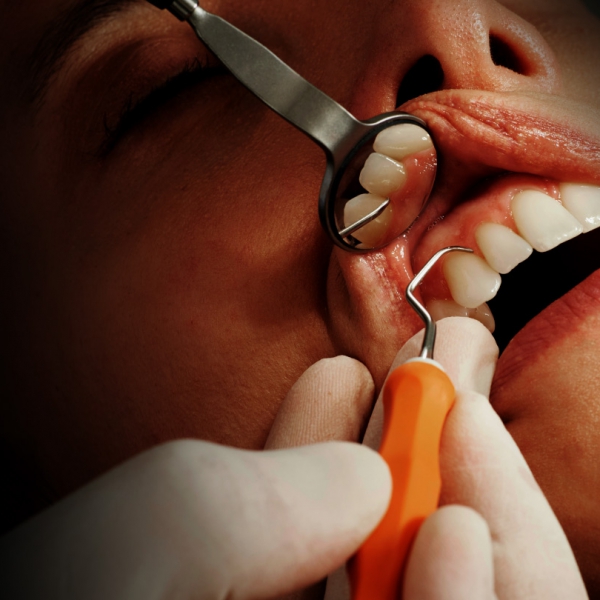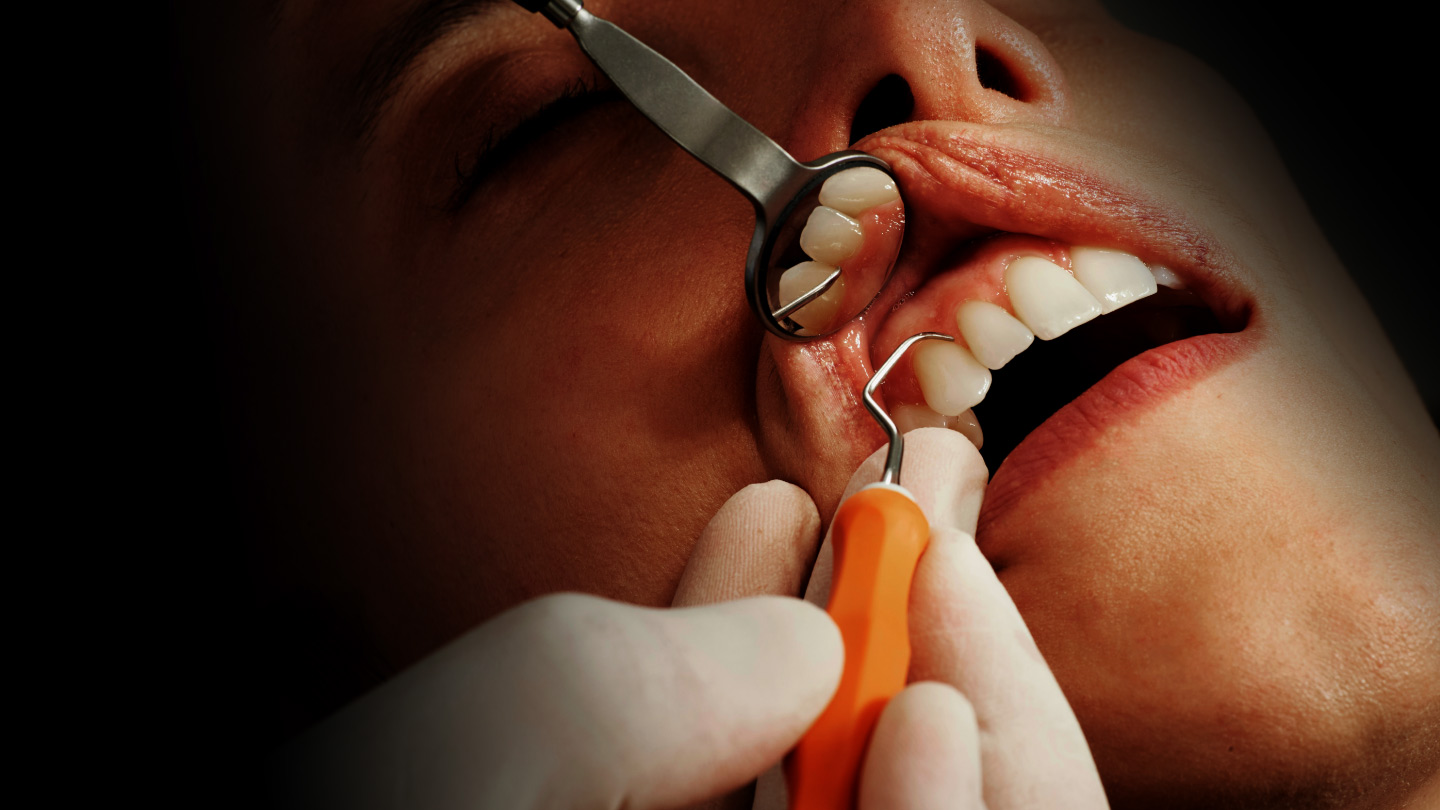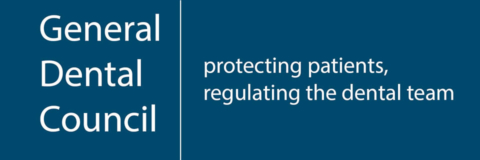Gum Disease (Periodontitis)
Gum disease is one of the leading causes of tooth loss, especially among adults. It starts with gingivitis, an inflammation of the gums caused by plaque buildup. If left untreated, it progresses to periodontitis, where the bone supporting the teeth is damaged, causing teeth to become loose and eventually fall out. The earlier gum disease is detected and treated, the higher the chances of preserving your natural teeth. Regular dental check-ups, good oral hygiene, and professional cleanings are essential for preventing periodontitis.
Tooth Decay
Untreated cavities can lead to tooth loss. When decay penetrates deep into the tooth, it compromises its structure. In severe cases, a tooth may become too damaged to repair, requiring extraction. Cavities often result from poor oral hygiene, sugary diets, and infrequent dental visits. Fluoride treatments, regular brushing, and a balanced diet are crucial in preventing decay. When caught early, dental fillings can restore the tooth. However, for severely decayed teeth, extraction may be necessary, with replacement options like dental implants or bridges being ideal solutions.
Trauma or Injury
Accidents, sports injuries, or falls can result in a tooth being knocked out or broken beyond repair. Trauma is a common cause of tooth loss in both children and adults. Immediate dental attention after a tooth injury can sometimes save the tooth, but in cases where it can’t be salvaged, replacement options like implants or bridges are recommended. Protective gear, like mouthguards during sports, can help prevent trauma-related tooth loss.
Congenital Absence (Hypodontia)
Some people are born with missing teeth, a condition known as hypodontia. This congenital absence can affect the appearance and function of your smile, leading to difficulties in chewing or speech. In cases of hypodontia, orthodontic treatment combined with prosthetic solutions, such as dental implants or bridges, can help create a complete and functional smile.














